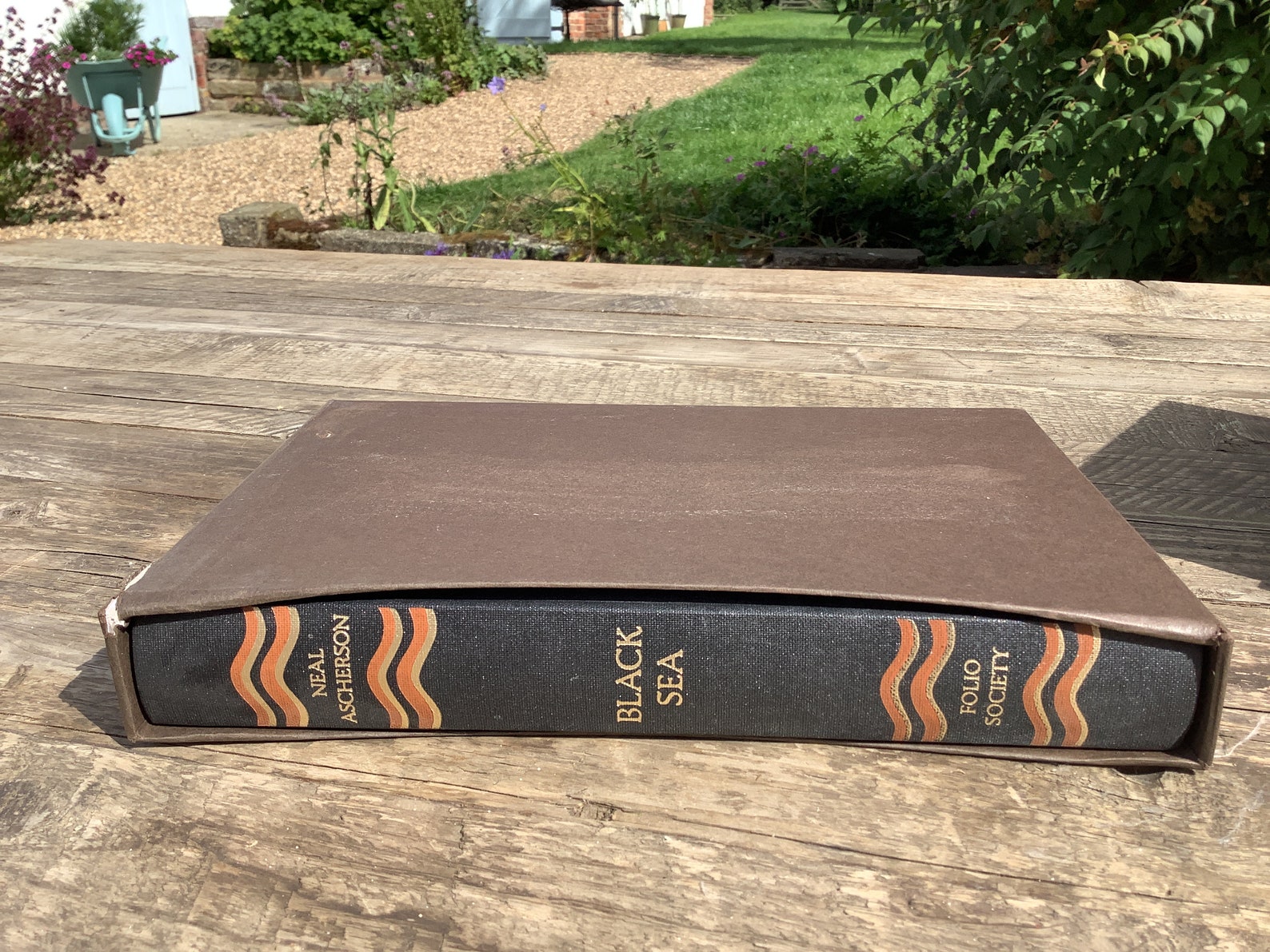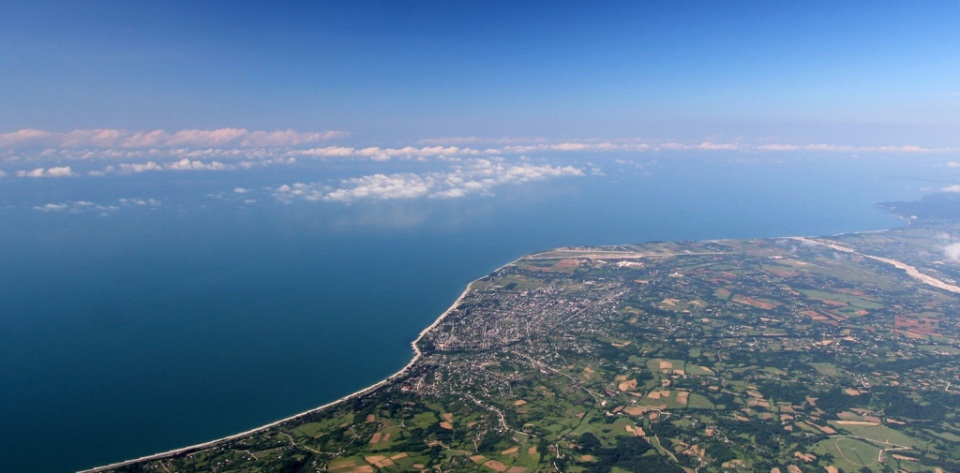


Perhaps the largest part of Black Sea is devoted to the interaction of Greek colonists and Iranian steppe peoples (Scythians and Sarmatians, ancestors of today’s Ossetians) that started 3000 years ago, and that, Ascherson argues, gave birth to the contrast between civilisation and barbarism in the European intellectual tradition.

With so much diversity, the reader could find themselves stuck in a topic of lesser interest - which they could easily skip. It starts and ends with the Black Sea’s ecology.Īscherson’s personal experiences include the sudden, chilling death of a handicapped girl during a nightly bus journey on the Turkish coast and a family reunion of descendents of Mikhail Lermontov, who did not really have a family. Rather, the common theme that Ascherson investigates is the question of national identity, of national belonging.īlack Sea covers such diverse subjects as Crimea and the (mostly tragic) fate of its Goths , Karaites and Tatars , 19th century Odessa, the Polish aristocracy’s belief that it descended from Sarmatian invaders ( Sarmatism ), Adam Mickiewicz and other Polish intellectuals who dreamt of restoring Poland’s independence, Wolfgang Feuerstein’s attempts to emancipate the Laz people and Abkhazia’s struggle for independence. To say that the Black Sea is the main character in these stories would be a cliché, and not a very useful one.

Not a conventional history that chronologically works its way through the centuries up until the present day, but a fragmentary collection of people, peoples and historic episodes, interspersed with accounts of visits on the ground by the author. Commentary, current affairs and book reviews from Abkhazia and the wider Caucasusīlack Sea - The Birth Place of Civilisation and Barbarismīlack Sea is a wonderful book.


 0 kommentar(er)
0 kommentar(er)
